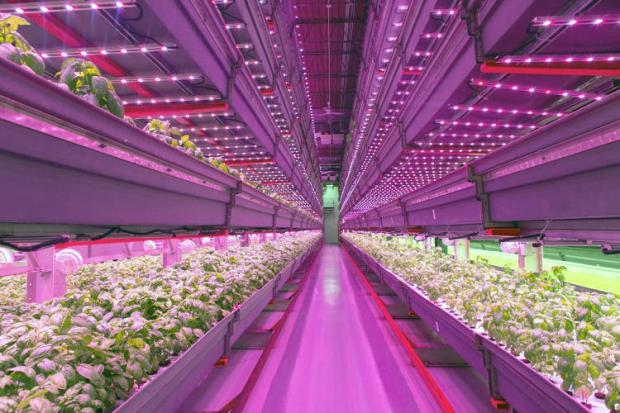
Breaking News
 Outrage Erupts as Released MS-13 Gang Member Kilmar Abrego Garcia...
Outrage Erupts as Released MS-13 Gang Member Kilmar Abrego Garcia...
 The backbone of U.S. capital markets just got the green light to move $100 trillion onchain
The backbone of U.S. capital markets just got the green light to move $100 trillion onchain
 SILVER IS ENTERING A "GENERATIONAL" SQUEEZE.
SILVER IS ENTERING A "GENERATIONAL" SQUEEZE.
Top Tech News
 EngineAI T800: Born to Disrupt! #EngineAI #robotics #newtechnology #newproduct
EngineAI T800: Born to Disrupt! #EngineAI #robotics #newtechnology #newproduct
 This Silicon Anode Breakthrough Could Mark A Turning Point For EV Batteries [Update]
This Silicon Anode Breakthrough Could Mark A Turning Point For EV Batteries [Update]
 Travel gadget promises to dry and iron your clothes – totally hands-free
Travel gadget promises to dry and iron your clothes – totally hands-free
 Perfect Aircrete, Kitchen Ingredients.
Perfect Aircrete, Kitchen Ingredients.
 Futuristic pixel-raising display lets you feel what's onscreen
Futuristic pixel-raising display lets you feel what's onscreen
 Cutting-Edge Facility Generates Pure Water and Hydrogen Fuel from Seawater for Mere Pennies
Cutting-Edge Facility Generates Pure Water and Hydrogen Fuel from Seawater for Mere Pennies
 This tiny dev board is packed with features for ambitious makers
This tiny dev board is packed with features for ambitious makers
 Scientists Discover Gel to Regrow Tooth Enamel
Scientists Discover Gel to Regrow Tooth Enamel
 Vitamin C and Dandelion Root Killing Cancer Cells -- as Former CDC Director Calls for COVID-19...
Vitamin C and Dandelion Root Killing Cancer Cells -- as Former CDC Director Calls for COVID-19...
 Galactic Brain: US firm plans space-based data centers, power grid to challenge China
Galactic Brain: US firm plans space-based data centers, power grid to challenge China
FarmedHere has high ambitions with new 60,000 sq ft vertical farm

The new farm will cover an area of 60,000 sq ft (5,574 sq m). This will make it smaller than AeroFarms' 69,000-sq ft (6,410-sq m) facility in Newark, New Jersey, which, at one point, was claimed as the biggest in the world, and indeed FarmedHere's own 90,000-sq ft (8,361-sq m) facility in Chicago, which it says is currently the largest indoor vertical farm in North America.
Nonetheless, FarmedHere expects the new farm to help the Louisville FoodPort become "one of the most transformative urban reinvestment projects of the decade." It plans to hire 40 new employees from the local area, many whom it expects to be veterans and second-chance employees. In addition, the facility will contribute to fulfilling the company's own long-term ambitions.
"This new location will bring us one step closer to reaching our goal of building vertical farms in 18 cities across the country and feeding 75 percent of the United States' population," says FarmedHere CEO Matt Matros in a press release.

 This is not a bubble.
This is not a bubble.


